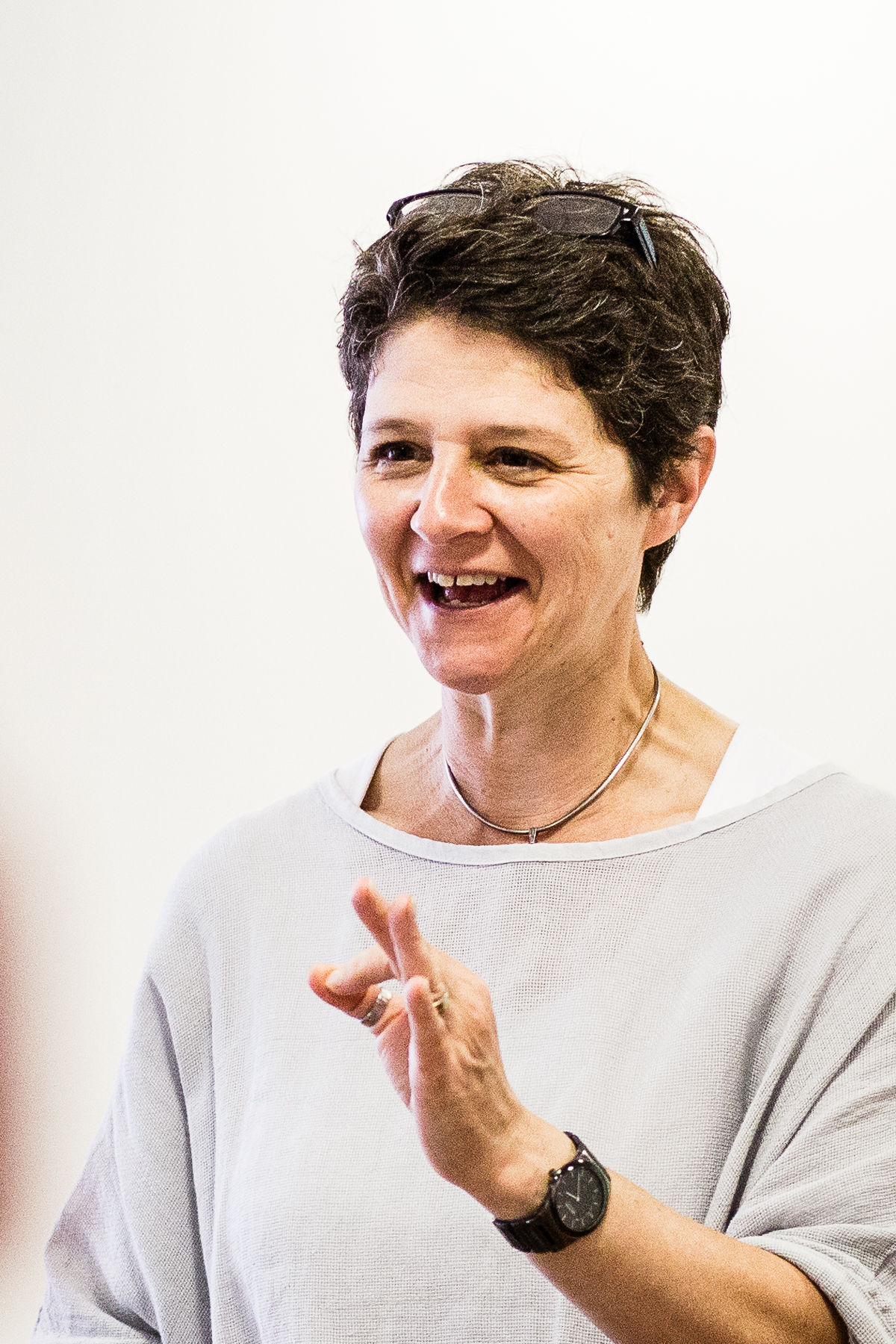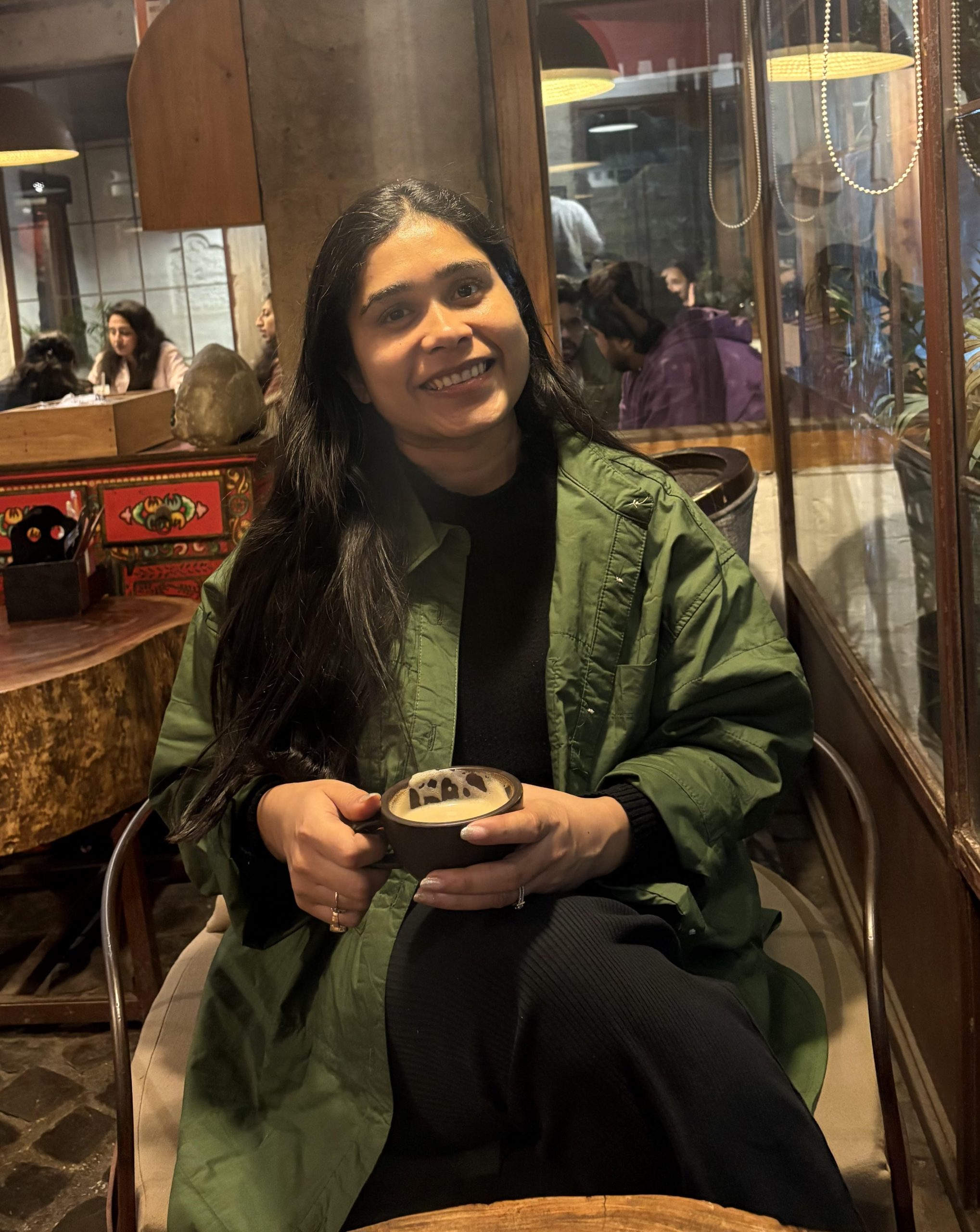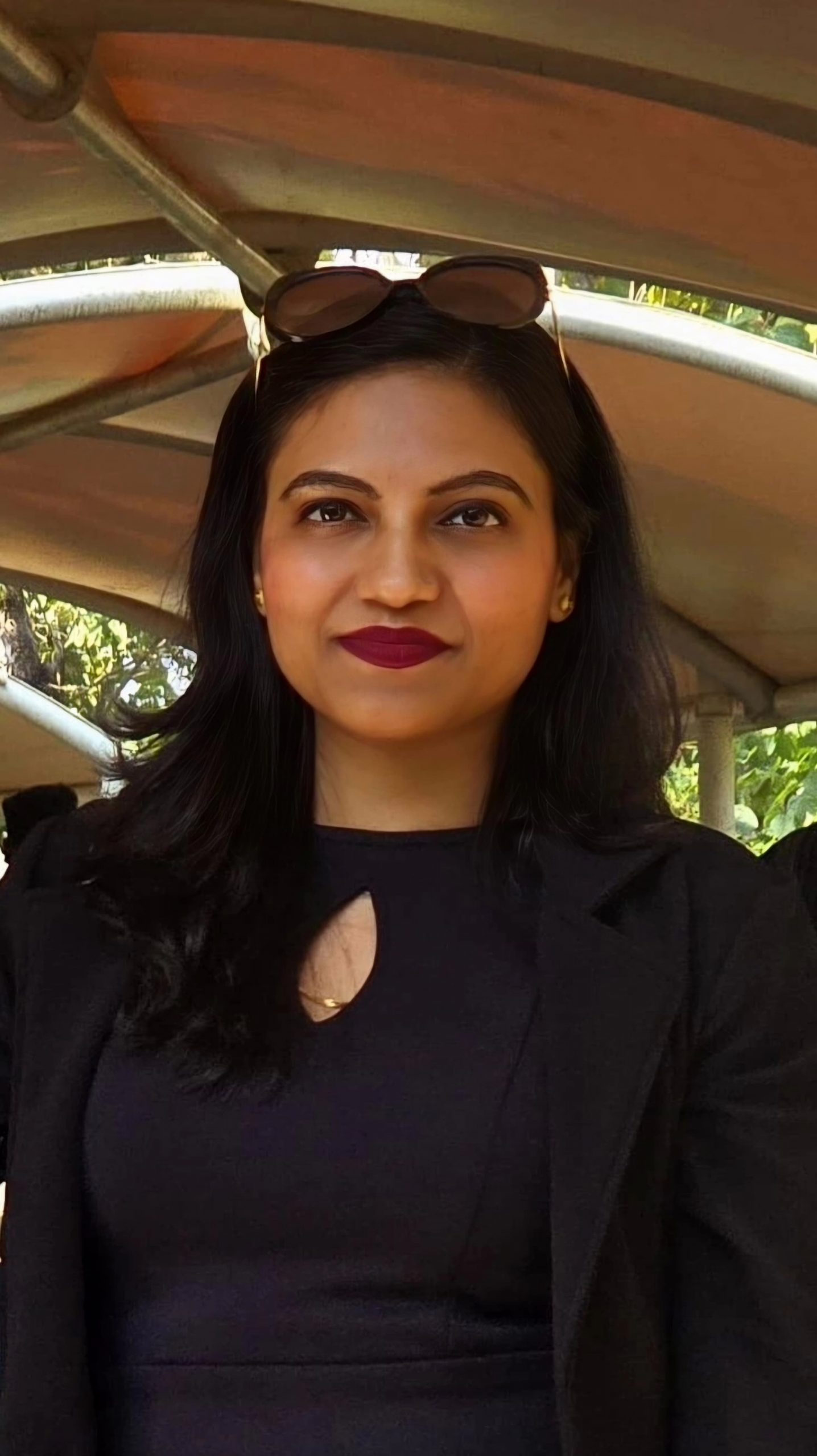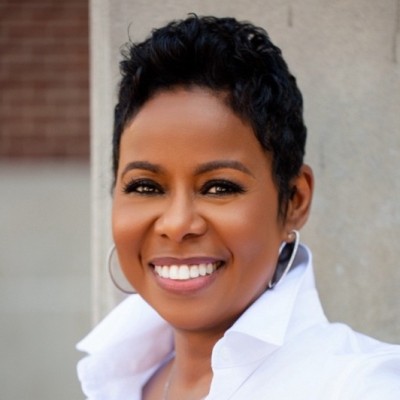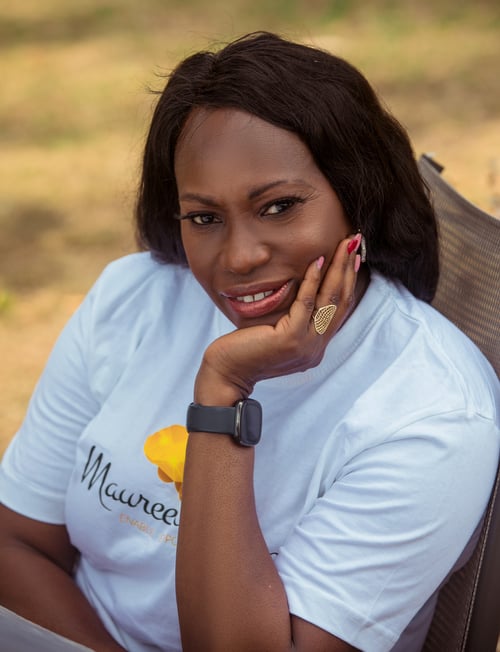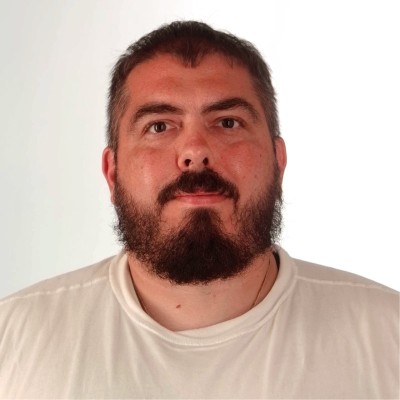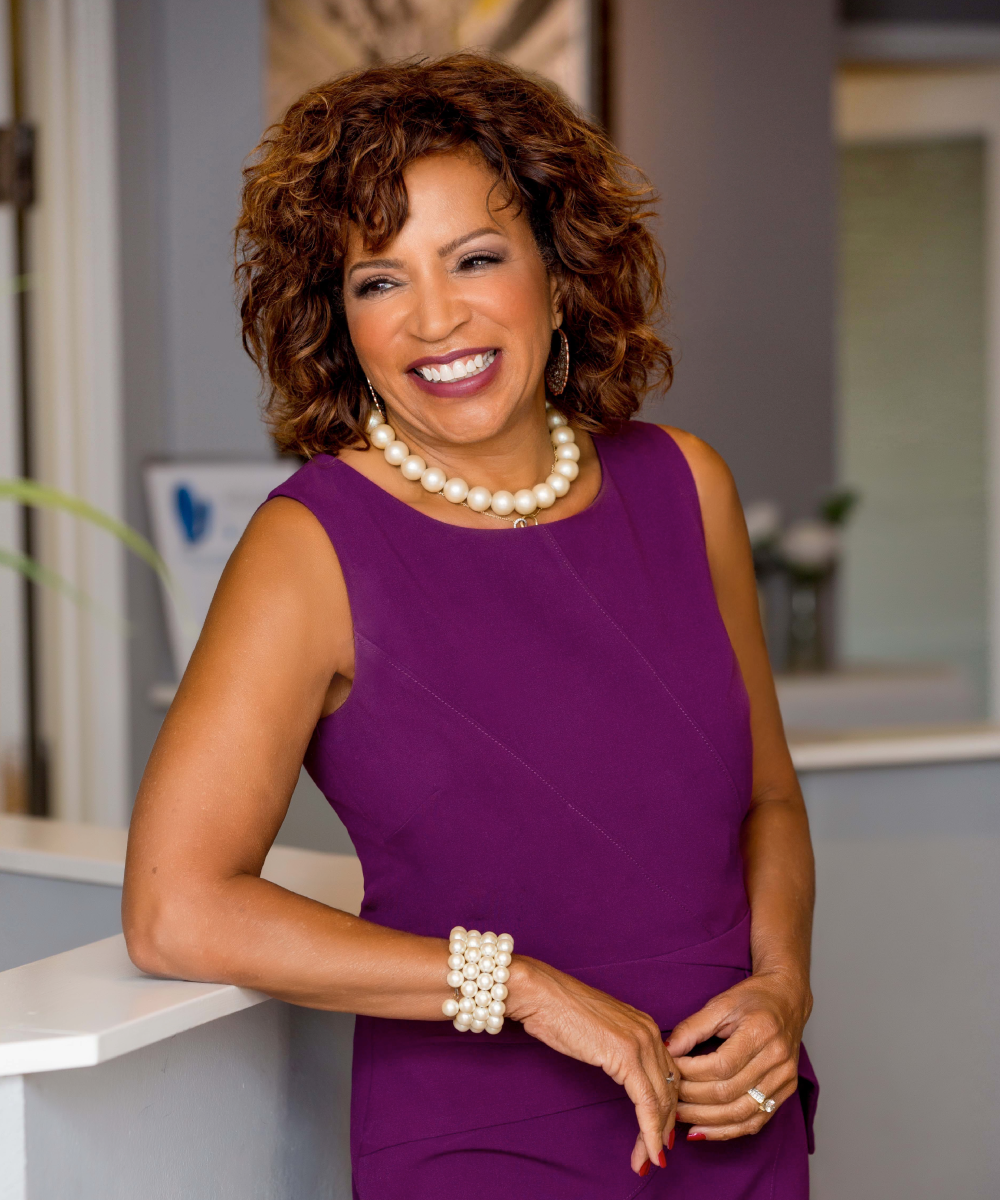Simonne Gnessen is a financial coach, trainer, and author, passionate about helping people build a healthier relationship with money. She founded Wise Monkey Financial Coaching over 23 years ago to offer a unique approach that combines financial guidance with coaching and behavioural change. Simonne helps people feel less overwhelmed and more in control of their money. Today, she also trains financial coaches and runs a supportive, growing community of financial coaches trained in this approach. In 2009, she co-authored Sheconomics, a book that explores the emotional side of money and empowers women to take control of their financial future.
Could you elaborate on the nature of your business, highlighting its purpose and the ways it benefits people?
I run a financial coaching business that supports people to build a healthier, more confident relationship with money. At the heart of what I do is one-to-one coaching, where I work with clients to explore their financial habits, beliefs and goals. It’s not about giving advice or telling people what to do with their money – it’s about creating a reflective, non-judgemental space where they can understand what’s really going on for them, get clearer on what matters, and start making decisions that feel intentional and aligned with their values.
This kind of work can be hugely beneficial in all sorts of ways. For some people, it’s about reducing stress, shame or anxiety around money. For others, it’s about breaking long-standing patterns, navigating big life transitions, or finding the confidence to take action on something they’ve been avoiding. What’s consistent is the impact it can have on someone’s sense of agency and wellbeing – when people feel more in control of their money, they often feel more in control of their lives.
Alongside my client work, I also train (along with my team) other coaches to do this work through our comprehensive ‘Financial Coach Practitioner Certificate’ training programme. It blends practical financial tools with coaching skills, ethical foundations and a deep focus on mindset and behaviour change. It’s designed to give people the confidence and competence to support clients of their own.
Beyond that, I co-run a supportive community for practising financial coaches – a space where people can keep learning, share ideas, ask questions and feel part of something bigger. Whether they’re newly qualified or experienced practitioners, the community gives them a sense of connection and ongoing development.
Ultimately, the purpose of the business is to help people feel more empowered around money – whether that’s through direct coaching, training others to support their own clients, or nurturing a strong professional community where financial conversations are thoughtful, human and transformative.
What inspired you to start your journey as a coach and entrepreneur? Were there any specific events, challenges, or people that motivated you to take this path?
My journey into this work wasn’t something I set out to do – I didn’t have a grand business plan or dream of becoming an entrepreneur. I actually didn’t particularly want to start my own business. But I was driven by a passion to deliver a service that didn’t exist anywhere else, and a strong sense that it was desperately needed.
I spent 10 years working as an independent financial adviser, and over time I became more and more frustrated and disillusioned with how the industry focused on selling products and how good quality advice was reserved for those who already had wealth. I felt that the sale of products as such a significant component of the advisory service muddied the water, not allowing time for the full range of support many people really needed. There was a whole missing layer of support needed: people struggling with money management, self-doubt, avoidance, emotional baggage, habits that didn’t serve them. I was drawn to the behavioural side of money – how change actually happens – and became deeply curious about the psychology, the mindset shifts, and the emotional healing needed to create lasting transformation.
That’s what led me to create Wise Monkey. I wanted to offer a service where the approach wasn’t focused on product solutions and which totally addressed wherever the client was at, meeting their needs and allowing them to drive the agenda. Offering a coaching service, that specialised in personal finance, allowed me to use my knowledge and skills but widen the types of clients I could serve and empower clients to create profound and powerful changes in their lives.
So in 2002, I launched the UK’s first financial coaching practice. It was scary, and I had no blueprint to follow. But it was also exciting – because I could see just how life-changing this work could be.
Looking back at the beginning of your career, what were the major challenges you faced when establishing yourself as a leader/coach? How did you overcome those obstacles?
The early days were incredibly lonely. No one else was doing what I was doing in the UK. There wasn’t a roadmap, a professional network, or even much understanding of what financial coaching was. I had to create everything from scratch.
One of the biggest challenges came from within the industry itself – colleagues in financial services told me it would never work. They couldn’t imagine that it was possible to support clients without advising on products. But I knew it wasn’t about products – it was about behaviour change, emotional insight, and practical guidance. Some people didn’t get it at all, but clients who needed this support totally got it and were deeply moved that this service was available. They’d say things like, “I wish I’d had this support 20 years ago – my life would have been so different.” That kept me going.
I didn’t try to convince the sceptics. I just focused on doing good work and letting the results speak for themselves. Eventually, the tide turned – and now, over 20 years later, financial coaching is a growing field in the UK, with hundreds of coaches helping clients across the country.
Another big challenge has been balancing my love for client work with the demands of running and growing a business. I still get so much joy from coaching – it’s what energises me. But now I also support a whole community of coaches, and there’s always more I want to create – training improvements, post-training development, maybe even a charity one day. The challenge is prioritising without losing sight of the work I love.
Would you like to share any remarkable achievement?
I think the most meaningful achievement is building something that didn’t exist before – and knowing it’s genuinely changing people’s lives. Helping clients go from fear or confusion to clarity and confidence is incredibly rewarding.
Training over 200 coaches and creating a community where they can continue to grow and support one another feels like a legacy I’m proud of. Many of them now bring this work into their own communities, so the ripple effect is huge.
Co-authoring Sheconomics is another highlight – a book that blends financial advice, coaching, and psychology, written specifically to empower women. It starts with our emotional relationship with money – the guilt, shame, fear and beliefs we carry – and helps women step into a more empowered place. Even years later, I still hear from people who’ve found the book life-changing.
Women are a growing force in the workplaces worldwide, standing shoulder to shoulder with their male counterparts. What are your thoughts about women leadership today?
I think women bring a richness to leadership that the world badly needs – empathy, emotional intelligence and a collaborative spirit. But many still feel the pressure to lead like men or fit into models that weren’t designed with them in mind. What I’d love to see – and what I do see more and more – is women stepping into leadership on their own terms. Not by emulating anyone else, but by bringing their full selves to the table.
So much of this comes back to confidence and self-trust – and many women are still navigating deep-rooted beliefs about money, power and success – internalised messages that can hold them back or keep them playing small. That’s why I believe financial coaching has an important role to play in women’s empowerment. When women strengthen their relationship with money – when they get clear, feel confident, and start aligning their money choices with their values – we’re more able to challenge the old narratives and stand in our power.
There’s still a lot of work to do. Too many of the spaces we’re expected to lead in are still shaped by old, male-dominated models that just don’t reflect the way many of us want to lead. But alongside that, we also have to believe in ourselves – to trust that we can lead differently – with empathy, integrity and compassion. We’ve seen brilliant examples of women doing just that, without falling into the trap of mimicking the more aggressive models of power we so often associate with traditional male leadership.
What message/advice would you have for future women leaders and aspiring entrepreneurs?
Follow your passion – and don’t be overwhelmed by how much there is to do. When you care deeply about what you’re creating, you’ll find the energy and resourcefulness to figure things out.
When I started, I had no idea how to run a business. I had to learn everything – from marketing to IT to writing copy. It’s easy to look ahead and feel daunted by the skills you don’t yet have, or the steps you haven’t figured out. But just start. Take one step at a time. Trust that your ideas will evolve.
Looking back, Wise Monkey has grown into something far bigger than I ever imagined – but it didn’t happen through grand plans. It happened through small steps, staying true to my values, and letting the work lead me. So my advice is: start where you are, stay connected to your purpose, and allow your journey to unfold. You’ll be amazed by how far you can go.
Get in touch:

